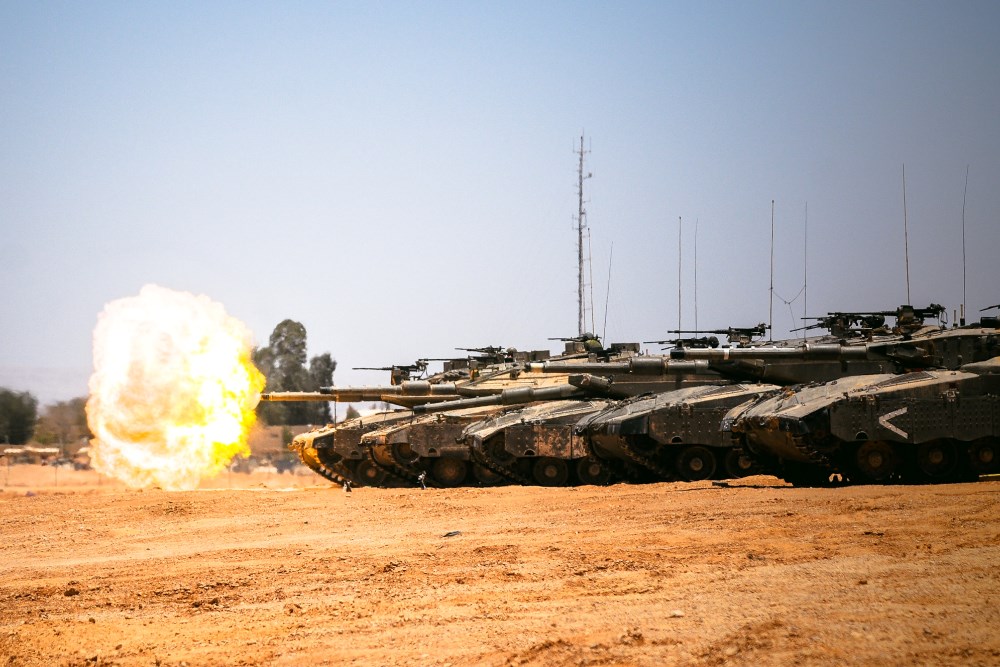
In 2010, an Israeli professor made some dramatic war predictions. He foresaw a huge military conflict erupting in the Middle East a decade later.
It would be the largest war fought by Israel in many years, he said.
The professor described this great war in detail. He wrote that missiles from Lebanon will rain down on Israeli cities, and elaborated about large-scale ground maneuvers and deep incursions into hostile territory.
By the end of the war, he said, Israeli forces will be deep in Syria.
In 2010, this seemed like a wild forecast. But amazing changes soon started to reshape the geopolitical scene, just as the professor projected.
The professor is still around, teaching at Bar-Ilan University near Tel Aviv. He is also Israel’s first bona fide futurist, with a PhD degree in Future Studies from the University of Minnesota. His name is David Passig.
When Professor Passig published his book, 2048, the Middle East was a very different place. The accuracy of the predictions that have come to pass since then is stunning. Overall, the scenario he described has largely played out just as he expected, but a regional war has not erupted, for now.
Passig foresaw Syria’s civil war as early as 2006, long before it started to fall apart. In his 2010 book, he warned that US-Russia tensions will grow over the next decade and that Moscow will become a more dominant force. All these predictions materialized within years.
Calculating war cycles
The professor expected the Middle East to explode into war around 2020. The region was on track for a mega-conflict, but then came COVID-19, refocusing regional leaders on other concerns.
This lull did not last long, however, with tensions again gravitating toward a regional war.
But how did Passig predict it? The professor says that the future remains uncertain, but complex mathematical models can help us come up with plausible scenarios.
Passig’s war predictions are partly based on researching historic cycles and calculating the frequency of global, regional and local wars. He discovered that all three cycles converge around the year 2020, with Israel getting involved in a war with regional and global implications.
Israel has been inching toward a large war for several years. Back in 2019, Prime Minister Benjamin Netanyahu told senior officers that the IDF must prepare to fight on multiple fronts.
A year later, the army held its largest war exercise in years with a focus on the northern front.
Israel continued to wage a hard-hitting bombing campaign to stop Iran’s military buildup in Syria, while keeping a close watch on Tehran’s nuclear project. As the friction grew, so did the likelihood of an all-out war.
The conditions for a direct clash with the Iran axis are “riper than ever,” the Jerusalem Institute for Strategy and Security warned at some point. And so, the Middle East continued to slide toward a major conflict, just as the professor predicted.


